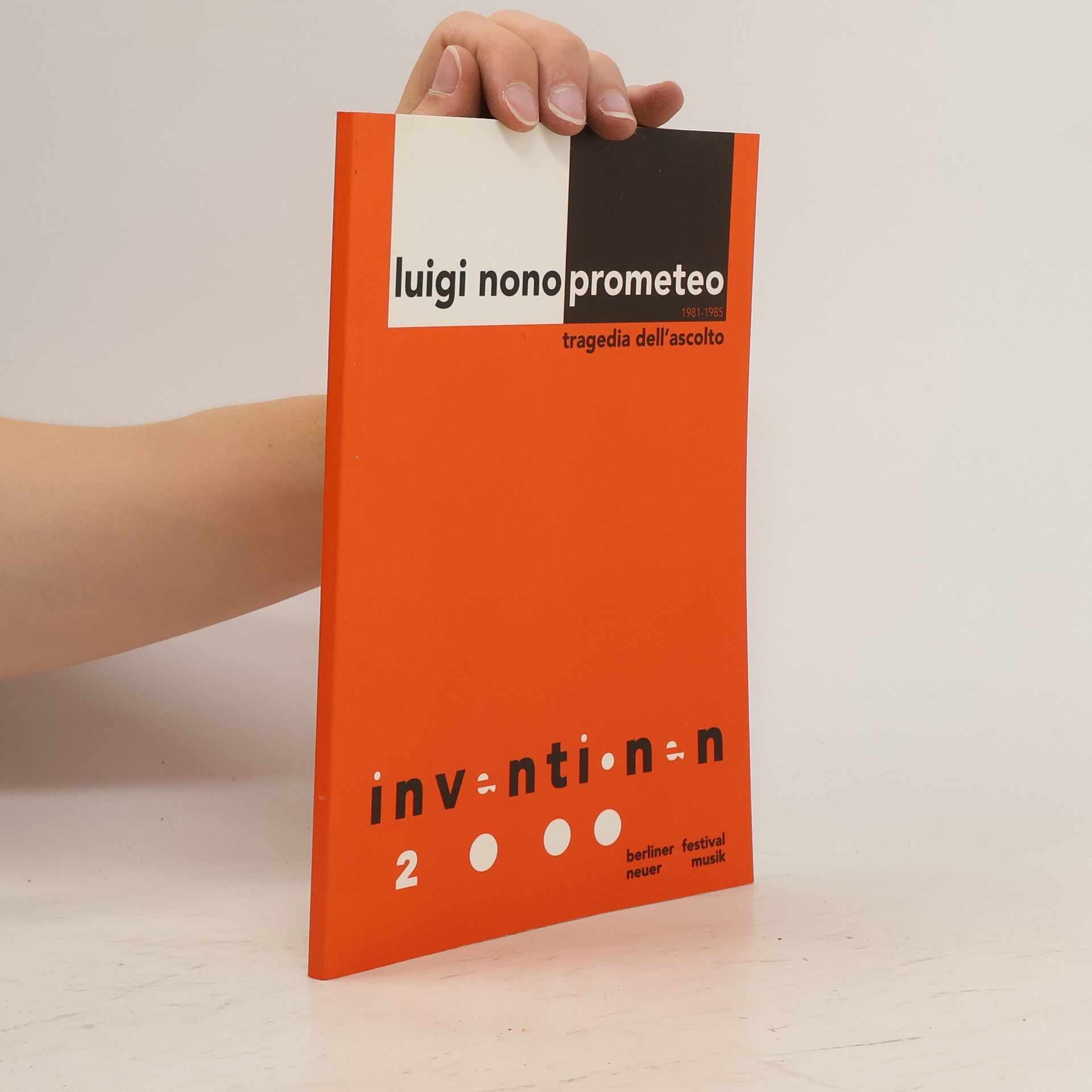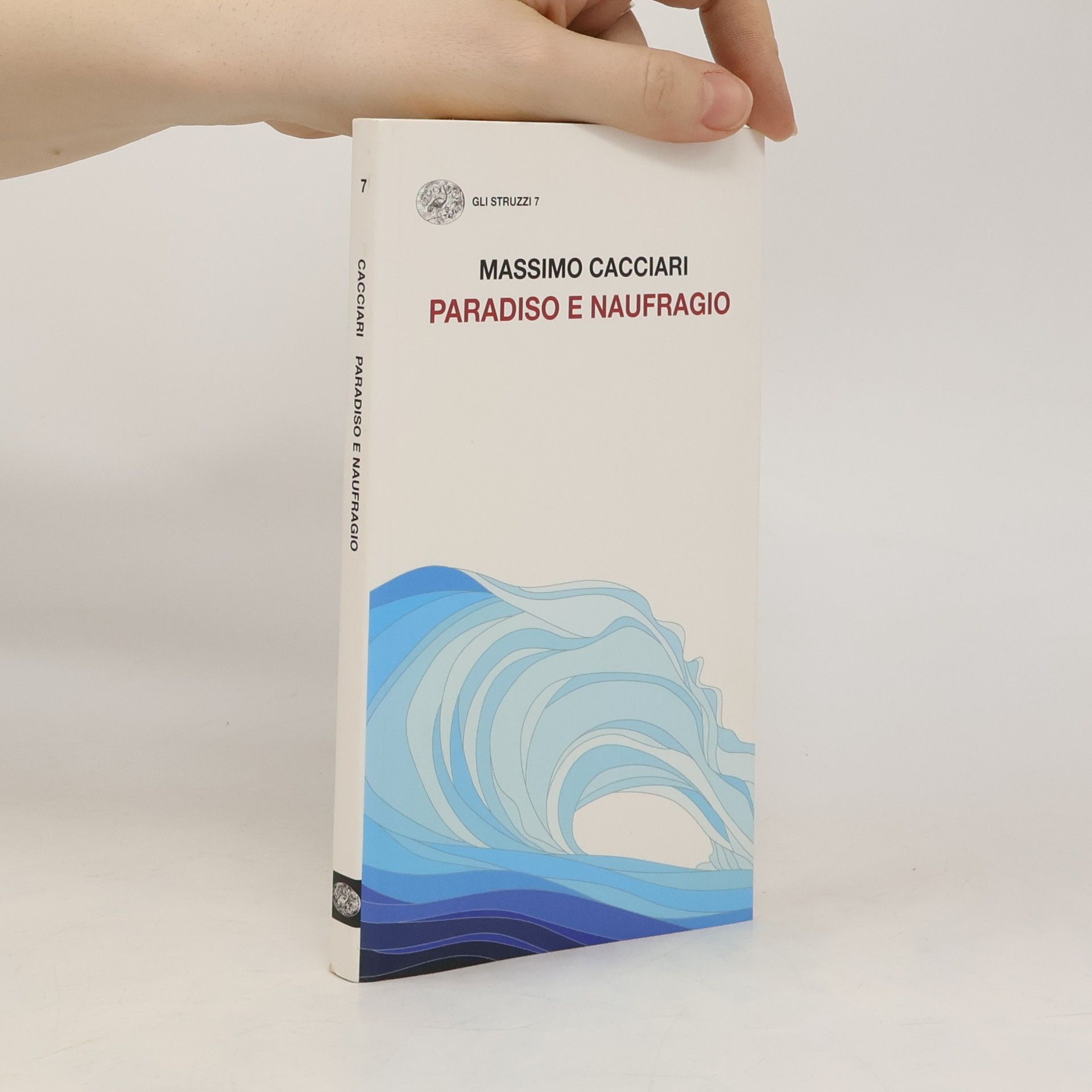Exploring the intricate layers of Dante's Divine Comedy, this collection features nine insightful essays that delve into the poet's political theology. Written by a prominent contemporary Italian philosopher, the essays illuminate Dante's profound reflections on morality, justice, and the human experience, offering a fresh perspective on his timeless work. Each essay serves to deepen the reader's understanding of Dante's influence on philosophy and politics, making it a valuable resource for scholars and enthusiasts alike.
Massimo Cacciari Livres
Massimo Cacciari est un philosophe italien de premier plan dont l'œuvre explore en profondeur l'esthétique, la philosophie politique et l'histoire de la pensée. Ses écrits abordent des thèmes complexes tels que le temps, le langage et la nature du droit, en établissant souvent des liens avec la littérature et l'art classiques et contemporains. Le style distinctif de Cacciari se caractérise par des réflexions rigoureuses mais poétiques qui mettent au défi le lecteur de contempler des questions fondamentales de l'existence et de la société humaines. Ses idées résonnent dans diverses disciplines, offrant une perspective unique sur la culture et la philosophie.





One of Italy's best-known contemporary philosophers and leftists offers a literature-informed take on our contemporary political situation. During the dramatic course of the twentieth century, amid the clash of the titans which marked that era, humanity could still think in terms of partisan struggles in which large masses took sides against one another. The new millennium, by contrast, appears to have opened under the guise of generalized insecurity, which pertains not only to the historical and social situation, or to one's personal psychological predicament, but to our very being. The Earth's current faltering and the twilight of every convention that might govern it--where roles, images, and languages become confused by a lack of direction and distance--were already powerfully prophesied in Shakespeare's Hamlet, and later in the works of Kafka and Beckett. In Hamletics, Massimo Cacciari, one of Italy's foremost philosophers and leftist political figures, establishes a dialogue between these fateful authors, exploring the relationship between European nihilism and the aporias of action in the present.
L'uomo senza qualità di Robert Musil riflette l'uomo contemporaneo, per cui il mondo di ieri, con le sue illusioni di armonia, di compiutezza, con le sue pretese di esattezza da ricercare in ogni campo, è finito per sempre. Vie di uscita non ve ne sono, vie soltanto, che dovremo costruire mentre si va, si cerca